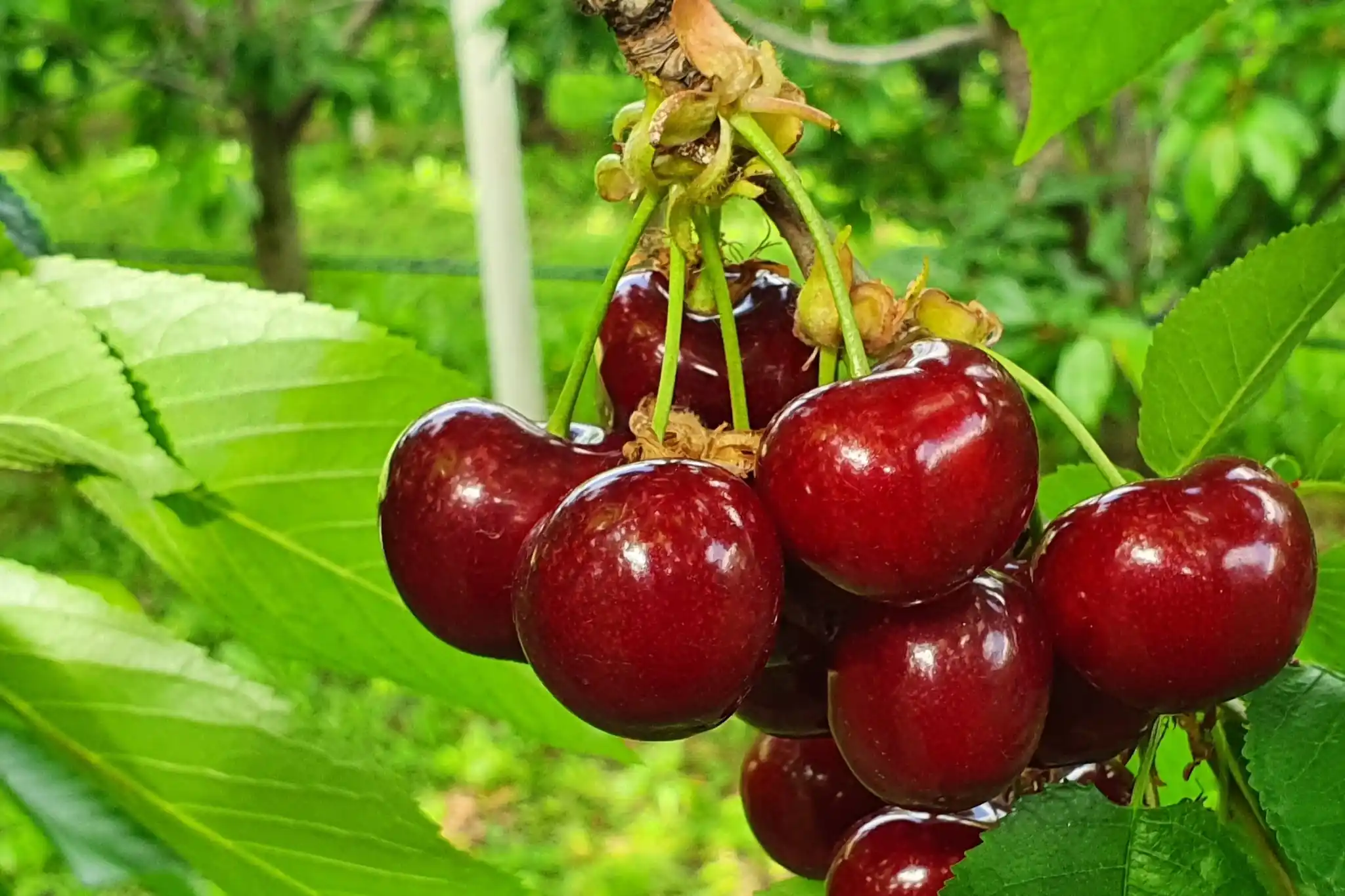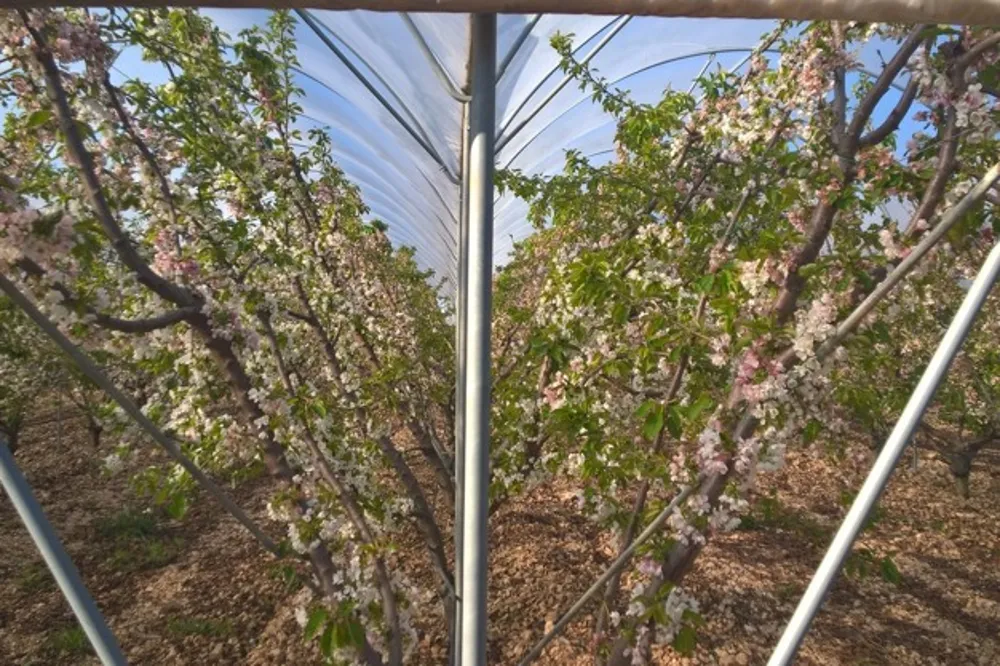In a recent study focusing on the relationship between soil variability, canopy density, and yield in tart cherry (Prunus cerasus L.) orchards in Utah, researchers explored how variations in soil properties influence tree growth and productivity. A team from Utah State University conducted the study by examining four tart cherry orchards near Santaquin, Utah.
These orchards were selected for their different soil characteristics and canopy structures, which were mapped and analyzed to understand how soil texture affects orchard performance.
The researchers measured the apparent electrical conductivity (ECa) of the soil as an indicator of soil texture, salinity, and organic matter content. The data collected through this method allowed the creation of detailed maps, which were crucial for identifying spatial variability within each orchard.
These maps revealed significant correlations between ECa and soil texture components such as sand, silt, and clay. Particularly, areas with higher ECa often corresponded to higher clay content.
Canopy density was another critical aspect monitored during the 2022 and 2023 growing seasons. Using ceptometry and drone imagery, the researchers assessed the light interception by the canopy, which correlates with the leaf area index (LAI) and overall canopy density. These measurements demonstrated that variations in canopy density could be directly linked to the soil texture variability identified through ECa mapping.
The study's findings showed that soil texture plays a crucial role in determining canopy characteristics. Areas with more clay-rich soils exhibited denser canopies, suggesting that these zones could potentially support higher yields. However, the relationship between canopy density and actual yield requires further investigation: the yield data from the 2023 season are still being analyzed before establishing definitive connections.
One of the most significant implications of this research is the potential for precision orchard management. By understanding the spatial variability of soil and its impact on canopy and yield, growers could implement site-specific management practices. These may include variable-rate applications of water, fertilizers, and other inputs adapted to the soil conditions of different orchard zones.
Such strategies could enhance uniformity across the orchard, optimize resource use, and ultimately increase productivity and profitability.
In conclusion, this study demonstrates the practical utility of ECa mapping in managing tart cherry orchards and beyond. The ability to create high-resolution soil texture maps provides a valuable tool for making “more informed” management decisions, which can lead to improved orchard performance through the right inputs.
The study conducted in Utah offers promising prospects for implementing precision agriculture techniques that can help optimize orchard management.
Source: Wedegaertner, K., Black, B., Safre, A., Lilligren, C., Cardon, G. and Torres-Rua, A. (2024). Assessing the relationship between soil variability, canopy density, and yield in Utah tart cherry orchards. Acta Hortic. 1395, 157-162, https://doi.org/10.17660/ActaHortic.2024.1395.21
Image: SL Fruit Service
Andrea Giovannini
University of Bologna (IT)
Cherry Times - All rights reserved










